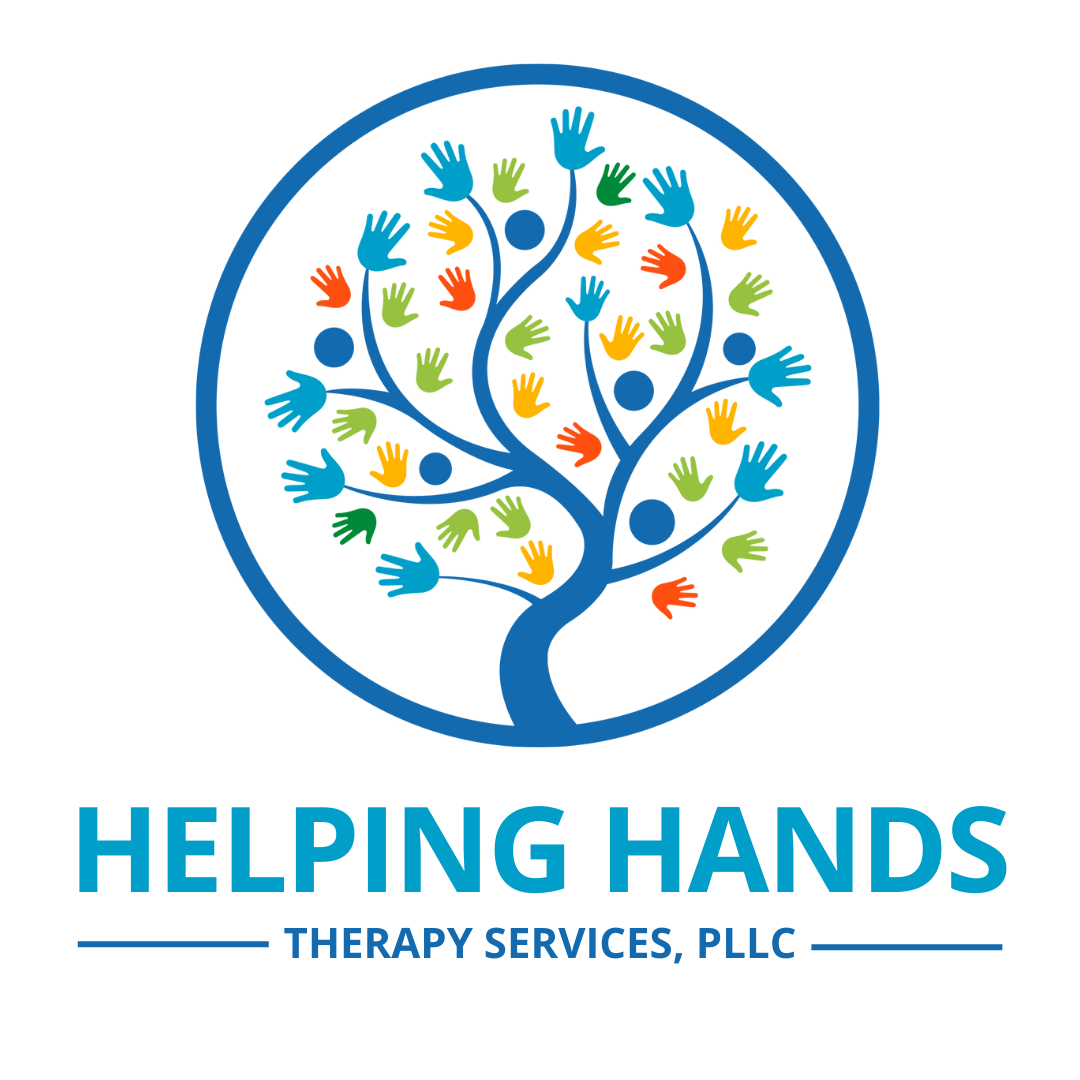Group Therapy for Teens: Coping Skills for Anxiety
Is your teen fraying at the edges? Consider this evidence-based approach.
Your teen is trekking in the thick of the woods and you’re trekking along with them. Growing up is quite the expedition.
Let me tell you a story. Fresh off the bus, I stepped into the uncharted. First day back to school and I was caught in a sea of students. So many new, towering people surrounded me–I felt I was drowning.
Smaller and less developed than the average thirteen-year-old, I certainly didn’t feel like a pioneer or an explorer. And I certainly wasn’t up for the adventure of middle school.
I took a good look around and culture shock hit hard. The “rules” had changed in just one season.
Apparently, it wasn’t cool to ask someone to “play” anymore. Now you ask them to “hang out.”
The girls I played with before summer were different. They had their eyebrows done and dressed to impress the eighth-grade boys. Some of my peers had tattoos, face piercings, and beards already.
What’s going on? This can’t be the right place.
But there it was. A new frontier.
For some teens, middle school is an exciting next step. It’s an expedition full of self-exploration and opportunity–sports, art, clubs, and friendships. For others, middle school is the armpit of life.
I’m relieved to tell you that little, middle-school me adjusted. I found an art niche, made some friends, and figured out time management. I thought it was hard for me but for some of my peers, it seemed nearly impossible.
I watched many of them try unhealthy, sometimes risky activities to cope with stress.
If your teen struggles with the next stage of life in middle or high school, consider group therapy for teens. Helping Hands Therapy Services offers several different types of groups designed to meet your child where they’re at.
Groups for this season include:
Mindfulness Camp – this group addresses anxiety and coping with stressors from school, social circles, work, and family life. Your teen will learn how to be more aware of stress signs in their body. We’ll walk them through the next step, rising from knowledge to action through self-regulation strategies. Your child will enjoy fun activities with peers and they’ll likely walk away with a new friend.
Click here to learn more or sign up.
Scattered Teens Camp – this group focuses on building executive functioning skills to help your teen stay organized at school, work, and in extracurricular activities. Our licensed therapists consider group member interests when guiding sessions. We believe in motivating learners, so the new and exciting are essentials.
Click here to claim your discount before May 31.
Other Camps: Click here to learn more about summer camps for other age groups.
Coping with Anxiety: The Options
Let’s talk coping.
There are several options. We all have some healthy and some unhealthy coping strategies.
Your teen does too.
Common coping strategies for adults and teens include…
social withdrawal
exercise
overeating/undereating
ignoring the issue
*substance abuse (includes caffeine/alcohol)
spending sprees
*volatile anger (may involve verbal or physical abuse)
staying in bed for a long while
going out with friends
journaling/creative outlets
talking to a counselor or friend
*Let’s not confuse common strategies with recommended strategies. Some strategies are helpful–exercise, journaling, and talking to a trusted friend or counselor. And some are really damaging–substance abuse, volatile anger, and social withdrawal.
When we aren’t aware of healthy coping strategies, it’s easy to fall into unhealthy habits of coping. It can also be difficult to implement a new, healthy strategy when our default is an easy, familiar, harmful one.
Helping Hands Therapy Services offers group therapy for teens so your child can grow their resilience in the ugly, fire-breathing face of adversity. We want your child to walk away with tools, strategies, and support so they’re feelin’ ready to face the next frontier.
Mindfulness and The Whole-Person Approach
How We Approach Group Therapy for Teens
Occupational Therapy is a holistic practice–this means we consider the whole person when approaching treatment. The whole-person approach considers a person’s body, mind, and the interaction between them.
Your mind includes your motivations, mental conditions, dysfunctions, and personal perspectives. We strive to consider all the factors that make your child human and believe our treatment will be more effective when we use the whole-person approach.
Mindfulness is another evidence-based approach used to address several dysfunctions and conditions such as:
Anxiety
Depression
Panic disorders
Obsessive-compulsive disorder
Chronic pain
Current research suggests that the mind and body aren’t exclusive “pieces” of us humans. They do actually affect one another. One example of this is the relationship between the mind and cardiovascular health.
In 2021, the American Heart Association released a publication to state and expound upon the following:
There is evidence to suggest psychological health correlates with cardiovascular disease, and increased risk of cardiovascular disease
Evidence is growing to support the correlation between psychological health and physical health, generally
Data suggests interventions that improve psychological health can also improve cardiovascular health
Healthcare providers should consider psychological health when approaching treatment
The body is affected by the mind and vice versa.
A simple example of this is when we pause to take a deep breath in stressful situations.
Our parasympathetic nervous system activates when slow, steady breaths stretch out our lungs. Our brain picks up this information from our body and calms our thoughts down.
On the flip-side, when we’re anxious about something, our sympathetic nervous system activates–this results in increased heart rate, and speedy breathing patterns.
Mindfulness includes breathing techniques, guided imagery, and being engrossed in the present moment. There are various, beneficial techniques that fall under the umbrella of mindfulness.
The end goal of mindfulness is to achieve a regulated state. When we’re regulated, we can think clearly. Then we’re ready to effectively participate in a meaningful, functional task.
Helping Hands Therapy Services has a team of licensed therapists who are skilled at guiding patients through mindfulness exercises. Helping Hands Therapy Clinic believes there is a mind-body connection when it comes to stress and mental conditions. That’s why we take a whole-person approach to our treatment, generally and in group therapy for teens.
Group therapy for teens will help your child recognize physiological signs of stress. They’ll become more aware of their bodies. Your child will walk away with the confidence to catch that stress and stop it in its tracks.
Your child will increase their awareness of changes in…
Heart rate
Breathing
Body temperature/perspiration
Muscle tenseness
Body position/movement (e.g. fidgeting)
Your child will practice coping strategies in a positive, group setting. Making space outside of an individual’s everyday environment and social influences is extra helpful for learning new skills.
This allows your child a safe space to ask questions and make mistakes while they get the hang of things. They’ll learn when and how to apply strategies for stress management.
Strategies may include…
Diaphragmatic breathing
Progressive muscle relaxation
Visualization/guided imagery
Stretching
Gross motor movement
Appropriate use of increased proprioceptive input
Appropriate use of increased vestibular input
So, when a stressful situation arises outside the clinic, they’ll have a plan to conquer fear, problem-solve, and stay the course.
Group Therapy for Teens Near Me
You may be wondering…
Is there group therapy for teens near me?
Helping Hands Therapy Clinic is excited to announce the opening of our second therapy clinic.
Teen Summer Camps will be held at this location.
4870 Haygood Road, Suite 102
Virginia Beach, VA 23455
Your child can make new friends and discoveries at our Mindfulness Camp, held on June 26th and July 10th. A licensed occupational therapist will help campers navigate their emotions and teach effective coping strategies in a fun, peer-centered environment. It’s a great opportunity for your child to meet a battle buddy and fellow mind mate.
Your child can take their wild imagination and use all that energy to turn ideas into planned, purposeful actions at our Scattered Teens Camp. A licensed occupational therapist will guide campers as they explore organization and other strategies to conquer tasks at school and work. Activities are student-focused to captivate and entertain. We believe in keeping things fun, fresh, and motivating.
Sign up before May 31 and receive a $25 discount on each camp.
References
https://psychiatryonline.org/doi/full/10.1176/appi.ajp-rj.2018.130401
https://www.sciencedirect.com/science/article/abs/pii/S002239991500080X
https://www.ahajournals.org/doi/full/10.1161/CIR.0000000000000947
https://www.dignityhealth.org/articles/deep-breathing-techniques-can-relieve-your-stress
https://rightasrain.uwmedicine.org/mind/stress/why-deep-breathing-makes-you-feel-so-chill
https://www.ncbi.nlm.nih.gov/pmc/articles/PMC5679245/
https://www.ncbi.nlm.nih.gov/pmc/articles/PMC5679245/
Blog Written & Layout By: Victoria Eilers, COTA/L, Copywriter & Content Writer















